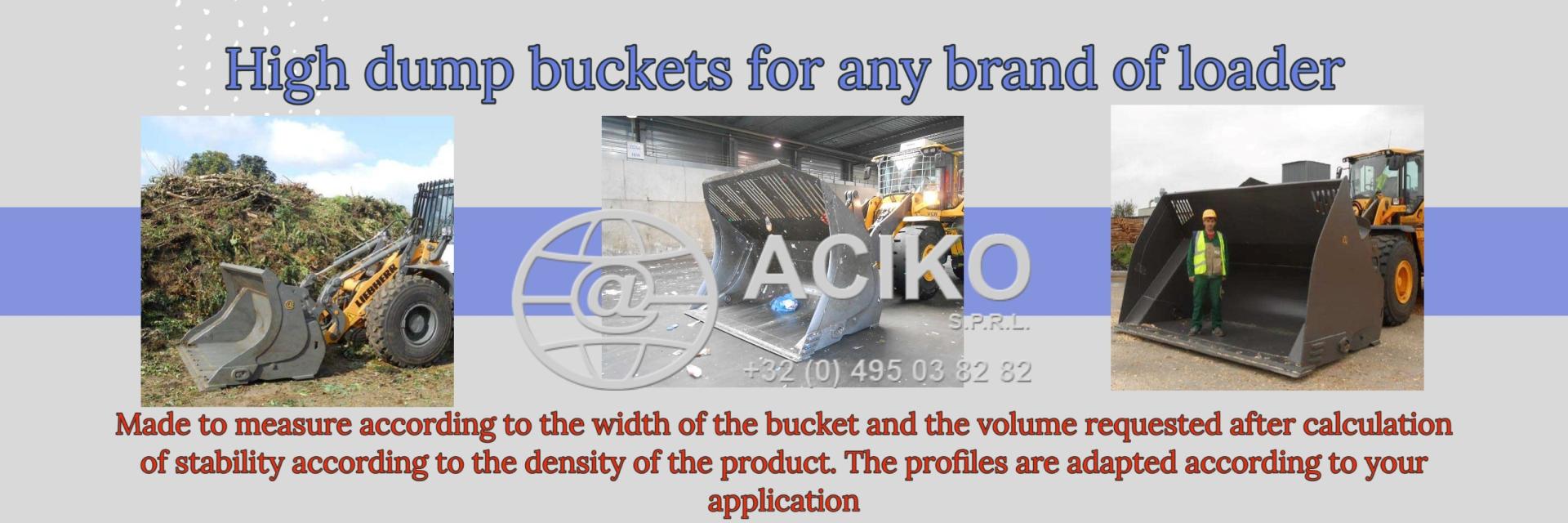Artificial Intelligence: the European Parliament formally adopts the final text of the AI Act
 21/05/24-FR-English-NL-footer
21/05/24-FR-English-NL-footer
Intelligence artificielle : le Parlement européen adopte formellement le texte final de la loi sur l'IA
 Image- CECE
Image- CECE
Le texte final de la loi sur l'IA, modifiant les erreurs majeures identifiées dans le texte provisoire adopté en mars, est désormais disponible et peut être consulté ici.
Le 13 mars, le Parlement européen (PE) a approuvé en première lecture l'accord provisoire sur la loi sur l'IA lors de sa séance plénière à Strasbourg, avec 523 voix pour, 46 contre et 49 abstentions.
Cependant, le texte voté à cette occasion ne correspondait pas à la version finale du règlement de la loi sur l'IA, car des révisions jurido-linguistiques étaient encore en cours au niveau technique à cette époque. En raison de l’ampleur des modifications apportées à la proposition de la Commission convenues lors des trilogues, le texte adopté en mars a effectivement fait l’objet d’un examen plus approfondi de la part des juristes-linguistes. Ce processus a donné lieu à la « procédure de rectificatif » visant à rectifier les erreurs identifiées dans le texte provisoire afin de garantir la cohérence juridique et la précision linguistique.
Une fois le processus de révision terminé, le texte final de la loi sur l'IA a été examiné par les principales commissions du Parlement, notamment IMCO et LIBE, et la formulation finale du règlement a reçu le feu vert le 18 avril. Dans le contexte de la dernière session plénière du PE tenue sous la législature actuelle, le texte final de la loi sur l'IA (rectificatif) a été annoncé et la loi a ainsi été formellement adoptée par le Parlement.
En ce qui concerne les priorités de plaidoyer du CECE dans ce dossier, aucun changement substantiel à la définition du « système d'IA » introduite par l'article 3, paragraphe 1, ni à la classification des « IA à haut risque » énoncée à l'article 6 n'a été apportée. le texte final.
Concernant les prochaines étapes, la loi sur l’IA telle qu’adoptée au Parlement doit être formellement approuvée par le Conseil pour devenir loi. La publication au Journal officiel de l’UE est donc attendue dans les semaines à venir, après l’adoption finale du Conseil. Une fois en vigueur, les nouvelles règles seront progressivement mises en place. La mise en œuvre de l’IA Act nécessite en effet de prendre un certain nombre de mesures. Dans les mois à venir, la Commission devrait publier des actes d'exécution et des actes délégués, ainsi que des lignes directrices et des demandes de normalisation. Selon le calendrier final, la loi sur l’IA sera pleinement applicable à partir de mi-2027.
NJC.© Info CECE
--------------------------------------------------------------------------------------------------------------------
 21/05/24-English
21/05/24-English
Artificial Intelligence: the European Parliament formally adopts the final text of the AI Act
 Image- CECE
Image- CECE
The final text of the AI Act, amending the major errors identified in the provisional text adopted in March, is now available and can be found here.
On 13th March, the European Parliament (EP) endorsed at first reading the AI Act provisional agreement during its plenary sitting in Strasbourg, with 523 votes in favour, 46 against and 49 abstentions.
However, the text voted on that occasion did not correspond to the final version of the AI Act regulation as legal-linguistics revisions were still ongoing at the technical level by that time. Due to the extensive nature of the changes to the Commission’s proposal agreed in trilogues, the text adopted in March was indeed subject to further scrutiny by lawyer-linguists. This process led to the so-called ‘corrigendum procedure’ aimed at rectifying any errors identified in the provisional text to ensure legal consistency and linguistic precision.
Once the revision process completed, the final text of the AI Act was examined by the lead Committees in Parliament, notably IMCO and LIBE, and the final wording of the regulation was greenlighted on 18th April. In the backdrop of the last EP plenary session held under the current term, the final text of the AI Act (Corrigendum) has been announced and Act thereby formally adopted in Parliament.
In respect to the CECE’s advocacy priorities on the file, no substantial changes to the definition of ‘AI system’ introduced by Article 3(1), nor to the classification of ‘High-risk AI’ set forth in Article 6 have been made in the final text.
On the next steps, the AI Act as adopted in Parliament have to be formally endorsed by the Council to become law. Publication in the EU Official Journal is therefore expected in the coming weeks, following Council’s final adoption. Once in force, a gradual phasing-in of the new rules will follow. The implementation of the AI Act indeed requires a number of steps to be taken. In the coming months, the Commission is expected to issue implementing and delegated acts, as well as guidelines and standardisation request. According to the final timeline, the AI Act will be fully applicable as of mid-2027.
NJC.© Info CECE
----------------------------------------------------------------------------------------------------------------
 21/05/24-NL
21/05/24-NL
Kunstmatige intelligentie: het Europees Parlement neemt formeel de definitieve tekst van de AI-wet aan
 Image- CECE
Image- CECE
De definitieve tekst van de AI-wet, waarin de belangrijkste fouten zijn gewijzigd die zijn geïdentificeerd in de voorlopige tekst die in maart is aangenomen, is nu beschikbaar en kan hier worden gevonden.
Op 13 maart heeft het Europees Parlement (EP) tijdens zijn plenaire vergadering in Straatsburg in eerste lezing het voorlopige akkoord over de AI-wet goedgekeurd, met 523 stemmen voor, 46 tegen en 49 onthoudingen.
De bij die gelegenheid goedgekeurde tekst kwam echter niet overeen met de definitieve versie van de AI-wet, aangezien de juridisch-taalkundige herzieningen op technisch niveau tegen die tijd nog steeds gaande waren. Vanwege de omvangrijke aard van de tijdens de trialogen overeengekomen wijzigingen in het voorstel van de Commissie, werd de in maart aangenomen tekst inderdaad onderworpen aan verder onderzoek door juristen-linguïsten. Dit proces leidde tot de zogenoemde ‘corrigendumprocedure’, die tot doel had eventuele fouten in de voorlopige tekst te corrigeren en zo de juridische consistentie en taalkundige nauwkeurigheid te garanderen.
Toen het herzieningsproces eenmaal was afgerond, werd de definitieve tekst van de AI-wet onderzocht door de leidende commissies in het parlement, met name IMCO en LIBE, en kreeg de definitieve formulering van de verordening op 18 april groen licht. In de achtergrond van de laatste plenaire zitting van het EP die tijdens de huidige zittingsperiode werd gehouden, is de definitieve tekst van de AI-wet (Corrigendum) aangekondigd en daarmee formeel aangenomen in het parlement.
Met betrekking tot de belangenbehartigingsprioriteiten van de CECE in dit dossier zijn er geen substantiële wijzigingen aangebracht in de definitie van ‘AI-systeem’ geïntroduceerd door artikel 3, lid 1, noch in de classificatie van ‘AI met een hoog risico’ zoals uiteengezet in artikel 6. de definitieve tekst.
Wat de volgende stappen betreft, moet de AI-wet, zoals aangenomen in het parlement, formeel worden goedgekeurd door de Raad om wet te worden. Publicatie in het Publicatieblad van de EU wordt daarom in de komende weken verwacht, na de definitieve goedkeuring door de Raad. Eenmaal van kracht zal een geleidelijke invoering van de nieuwe regels volgen. De implementatie van de AI-wet vergt inderdaad een aantal stappen. De komende maanden zal de Commissie naar verwachting uitvoerings- en gedelegeerde handelingen uitvaardigen, evenals richtsnoeren en standaardisatieverzoeken. Volgens de definitieve tijdlijn zal de AI-wet vanaf medio 2027 volledig van toepassing zijn.
NJC.© Info CECE
--------------------------------------------------------------------------------------------------------------------
Date de dernière mise à jour : 17/05/2024
















